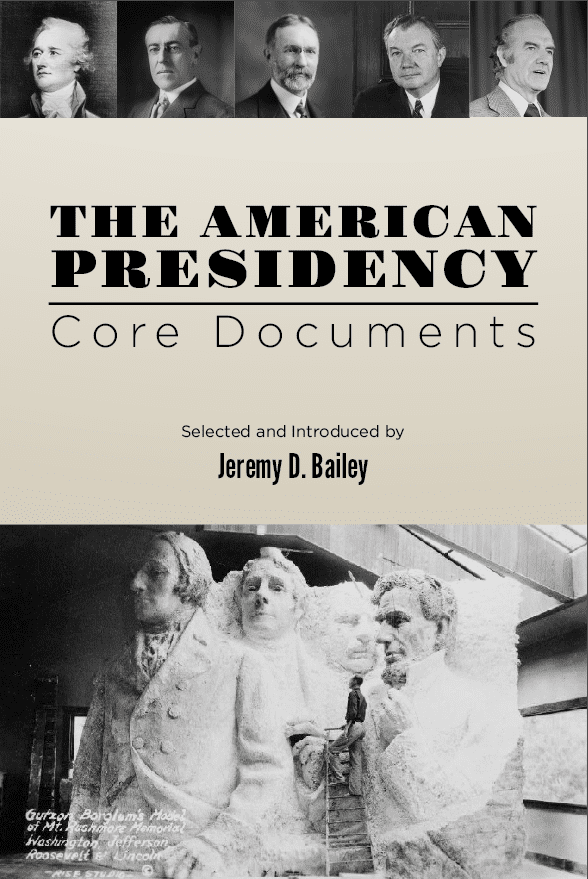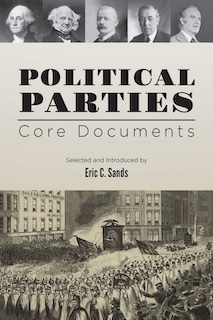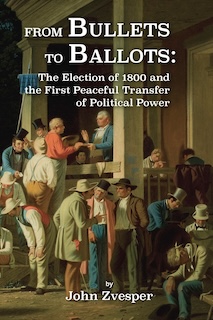
Staff and faculty members at Teaching American History have heard from our teacher partners that they want nonpartisan election resources that elevate classroom discourse beyond political bickering and horse race coverage.
2024 marks the 60th time that Americans have gone to the polls to elect a new president. To support our teacher audience through the election, we created our Fall 2024 Saturday webinar series: American Political Rhetoric. Created to help American government and history teachers find connections between current and past presidential elections, this webinar series will cover topics like communication technology’s impact on political speech; the role of the president as both a political leader and the government’s chief executive; and the constant but evolving presence of America’s founding ideals in political rhetoric.
Our webinars meet monthly on select Saturday mornings from 10.45am – 12pm ET. Background readings, a pre-webinar discussion board, and links to webinar recordings and relevant primary sources will be made available to registrants. Those who remain digitally present for the duration of the conversation will receive an attendance letter from Teaching American History for 1.25 hours of professional development.
Register now for this free professional development by clicking on the links below!
· Saturday, August 24th – American Political Rhetoric and the Declaration of Independence
· Saturday, September 14th – Pins, Likes and Swipes: How Social Media has Affected Political Rhetoric
· Saturday, October 26th – The Language of Campaigning vs. Governing
· Saturday, November 16th – Rhetoric in Times of Crisis
· Saturday, December 14th – The Language of America’s Civil Religion
Looking for Nonpartisan Primary Sources for your Classroom?
Check out Teaching American History’s core document volumes on Political Parties and the American Presidency

American Presidency covers not only the role of the executive branch in our constitutional order, but also the specific questions of presidential selection, term limits, and impeachment. Its documents also explore the president’s responsibility to oversee the executive branch and his authority as commander in chief and in regard to foreign policy.

Political Parties begins with James Madison’s commentary on the unavoidable but dangerous nature of parties and ends with the Supreme Court’s opinion expanding access to legitimate sources of funding for political party activities in Citizens United.
Want More Background on Controversial Elections?

From Bullets to Ballots: The Election of 1800 and the First Peaceful Transfer of Political Power recounts the contentious political history of the late 1790s and America’s first political realignment. This concise history is perhaps the best account we have of the election of 1800.
Want to Broaden your Students’ Understanding of Election History?
Teaching American History’s exhibit, The Election of 1912, recounts the history of this three-way election with data, maps, images, historical essays and primary sources.






